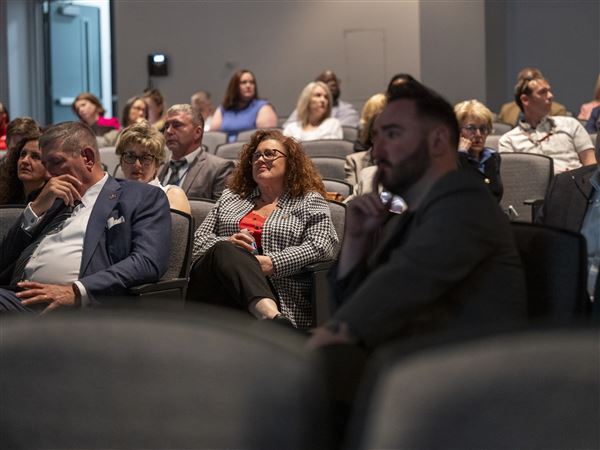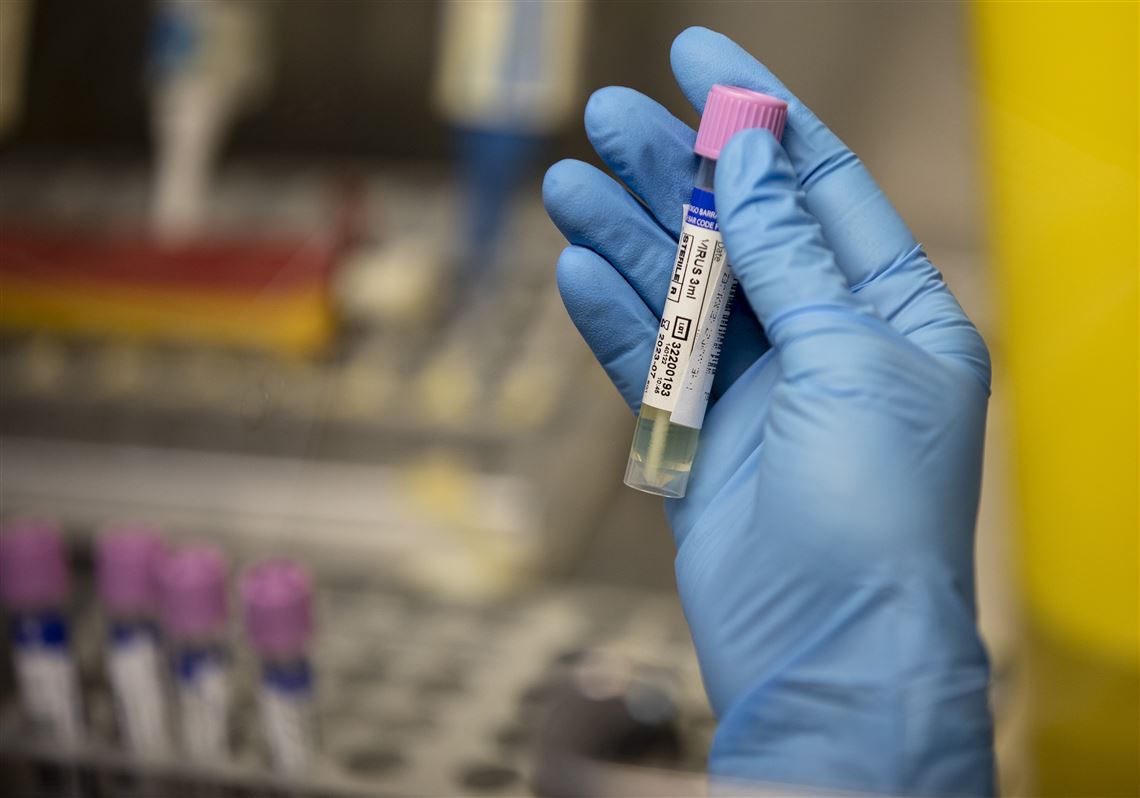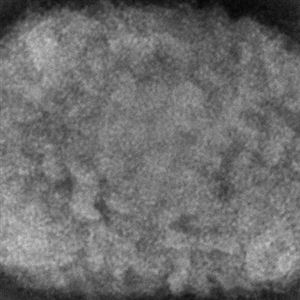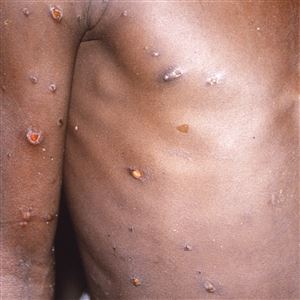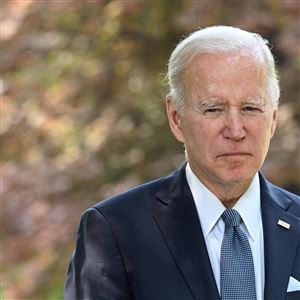Pennsylvania health officials have identified a second case of monkeypox in the commonwealth, according to Pennsylvania’s Department of Health.
“The case involves a Philadelphia resident. Specimens have been sent to the Centers for Disease Control and Prevention for confirmation of monkeypox,” Mark O’Neill, a spokesman for the Department of Health said Wednesday.
The Philadelphia Department of Public Health announced the state’s first case on June 2 and is working with the state health department and the CDC to investigate how the person was exposed and whether they may have exposed anyone else since they became infectious.
Monkeypox is a viral illness related to smallpox that occurs in Central and West Africa, often near tropical rain forests. The current outbreak was first confirmed in a U.K. resident on May 6. As of June 8, the World Health Organization has confirmed 1,285 cases in 28 countries where the disease is not usually found, including the United States. As of June 15, there are 84 U.S. cases of monkeypox.
The virus is spread by close personal contact, and symptoms typically include flu-like disease, followed by a rash and characteristic lesions that can be painful. The rash changes from small, flat spots to tiny blisters similar to chicken pox and then to larger blisters. These can take several weeks to scab over. Once they fall off, the person is no longer contagious.
“Monkeypox is much less contagious than COVID-19 and is containable particularly when prompt care is sought for symptoms,” said Dana Perella, communicable disease program manager for the Philadelphia Department of Public Health, in a June 2 statement.
“Vaccine to prevent or lessen the severity of illness is available through the CDC for high-risk contacts of persons infected with monkeypox, as is antiviral treatment for patients with monkeypox,” she said.
Health officials strongly recommend that anyone with flu-like symptoms and an unexplained rash on their face, palms, arms, legs, genitals, or anal region contact their regular healthcare provider as soon as possible.
The Philadelphia Department of Public Health did not immediately respond to a request for comment.
Emily Mullin: emullin@post-gazette.com
First Published: June 15, 2022, 5:05 p.m.

